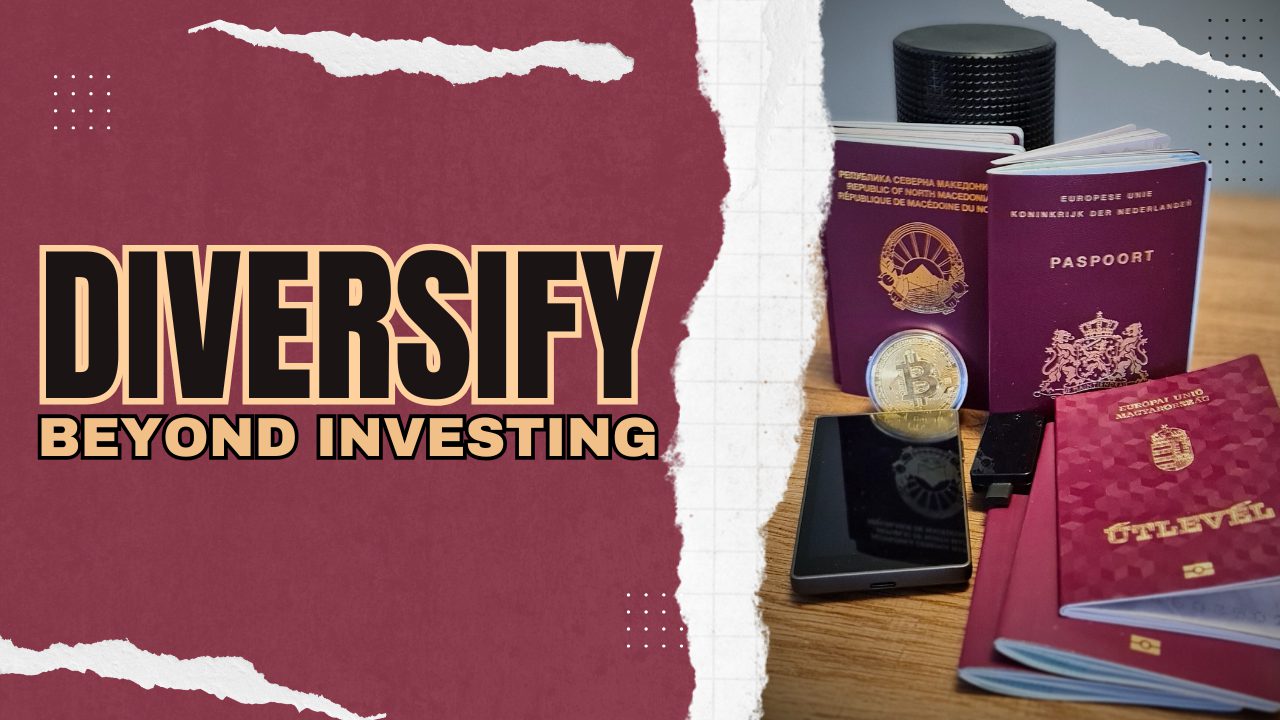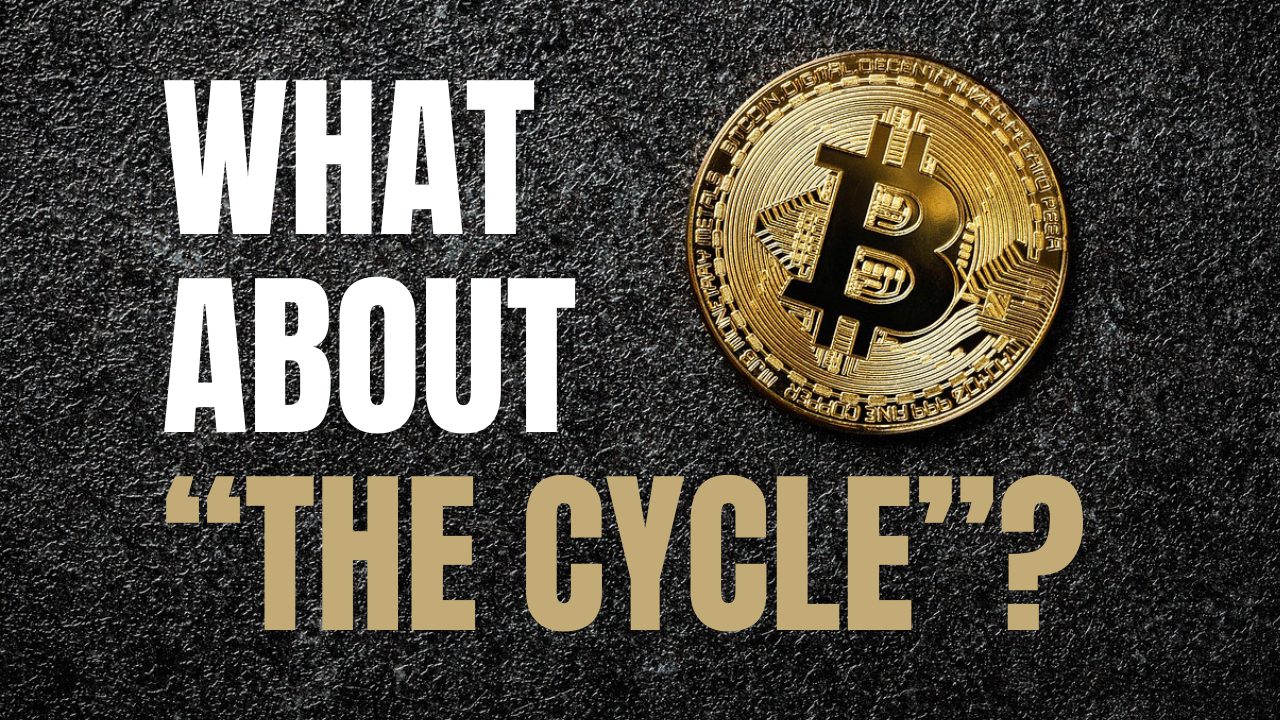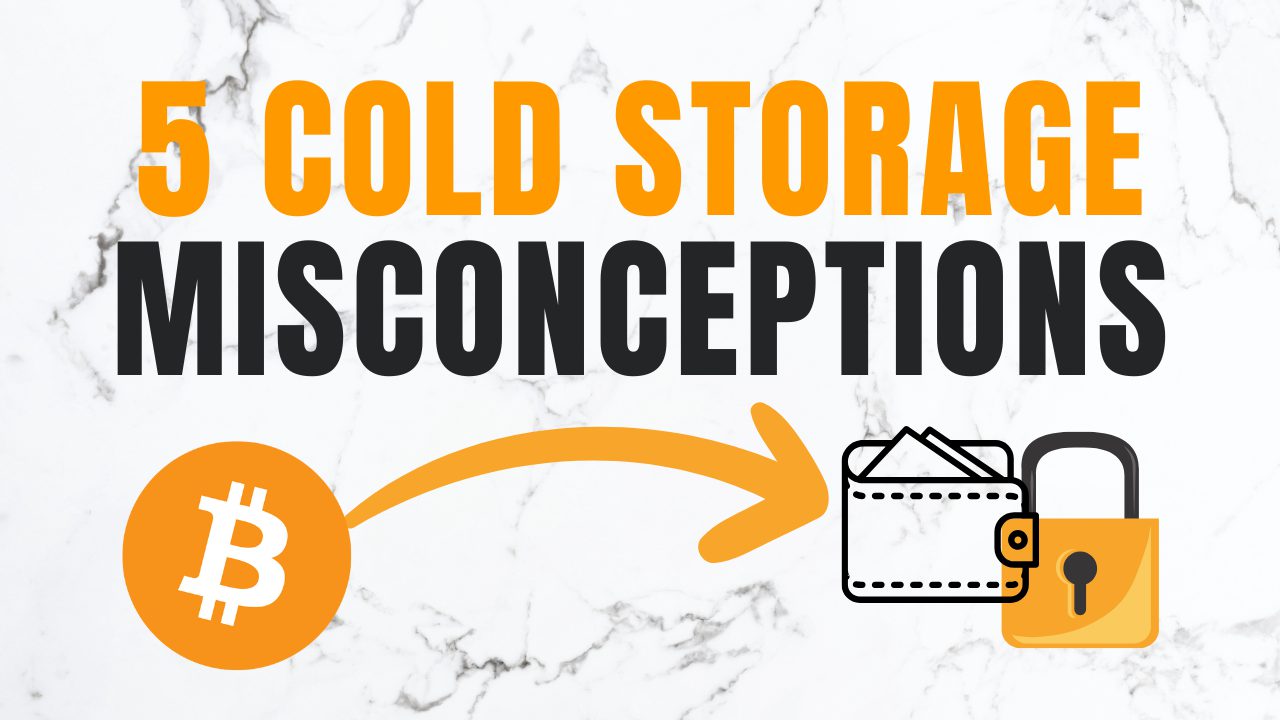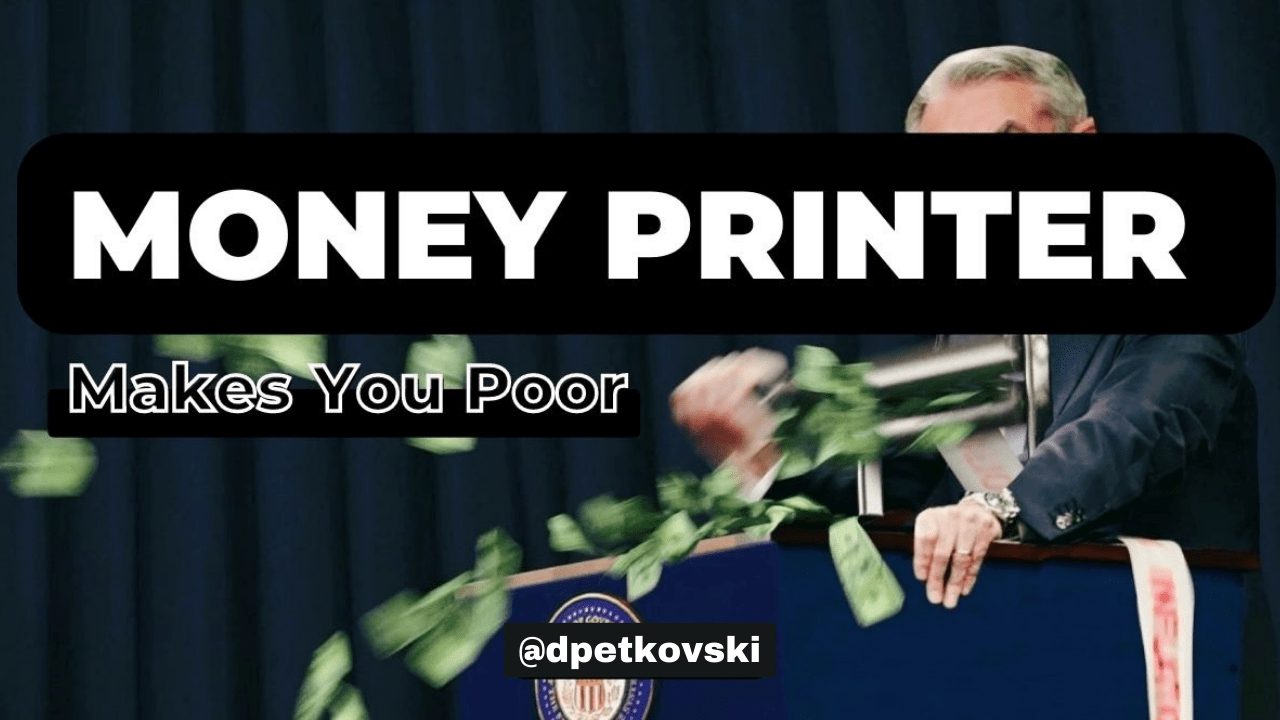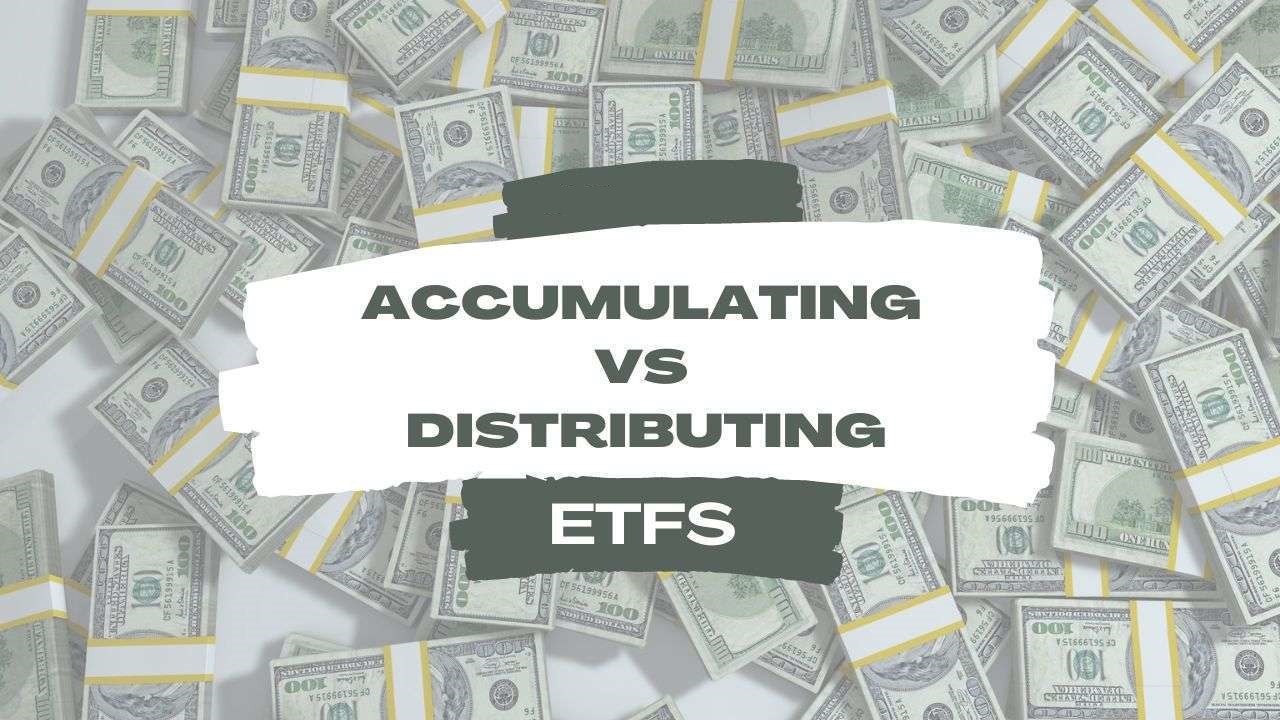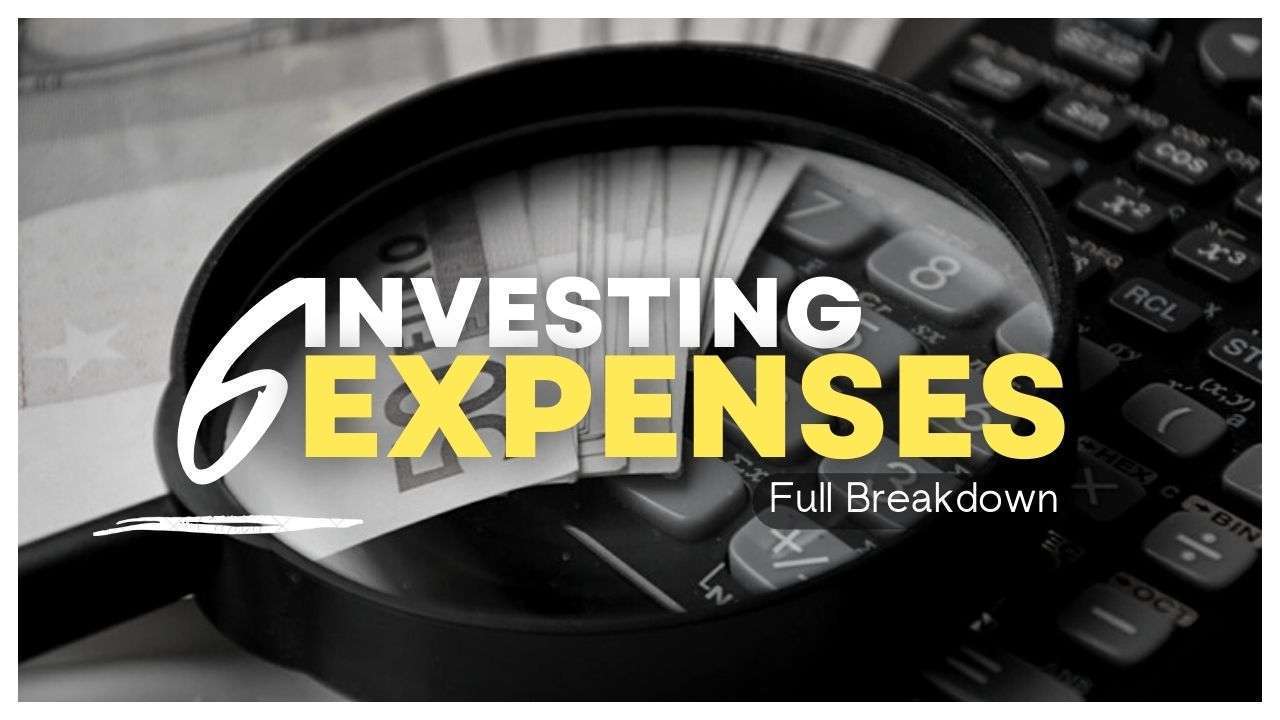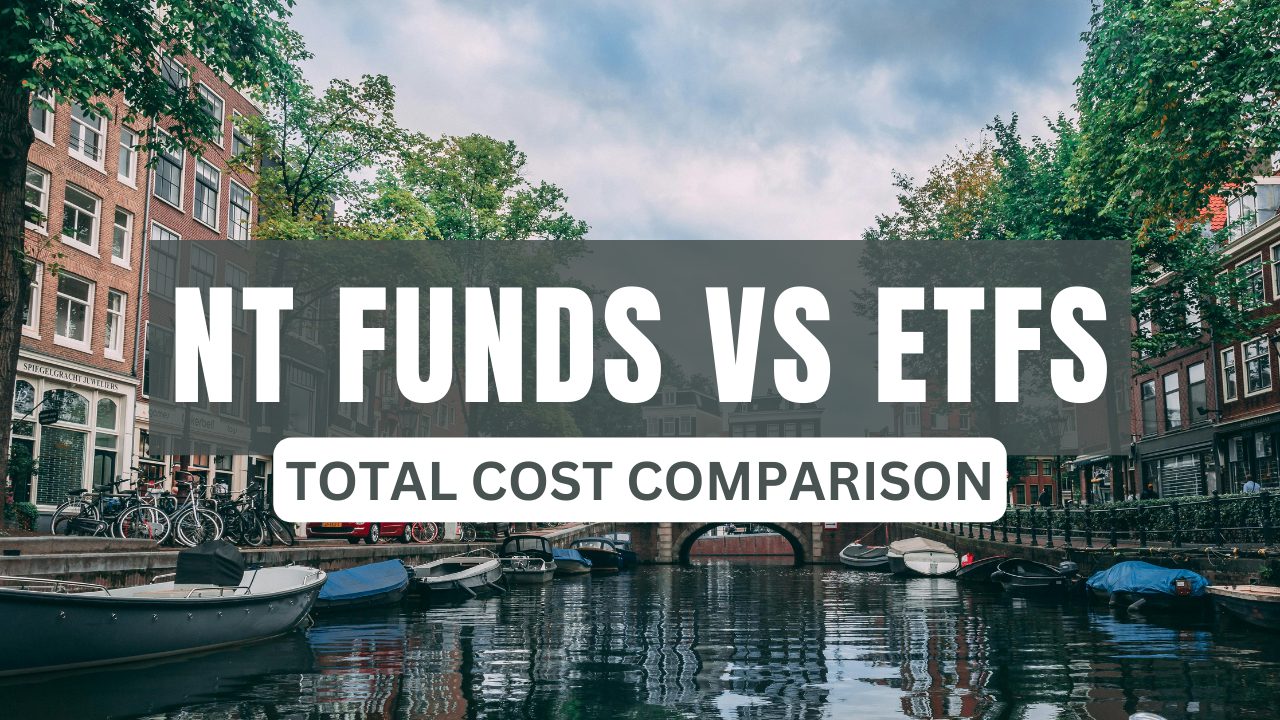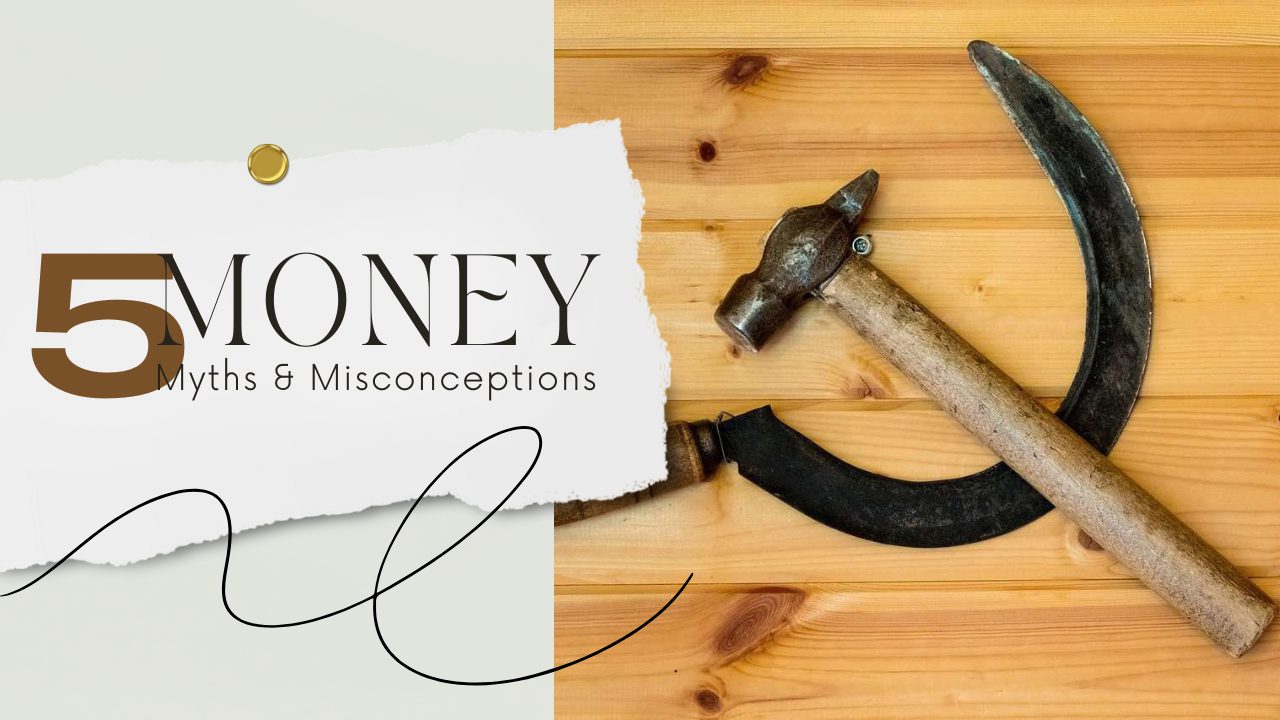
We all have misconceptions.
A field that’s especially misunderstood by the average person is personal finance. People are prone to believe various myths about money and end up sad, poor, and frustrated as a consequence.
This post is aimed to that segment of the general population – those who think that money is evil, that time is money, or that “the rich” owe them something.
Enjoy.
1. Money Can’t Make You Happy
Okay, I agree.
Money can’t make you happy, indeed.
However, lack of money also can’t make you happy.
Mind blown, right? 🤯
I don’t understand how some people connect money to happiness in an exclusive way. But I understand that many use it as an excuse to indulge in excessive self-sabotage by disregarding the importance of personal finance.
So yes, “money“, as any other single thing in the world, can’t make you happy by itself.
We should seek happiness elsewhere.
Because the opposite is not the solution to living a fulfilling and happy life, 100%.
With that said, given unfortunate circumstances and all else equal, a person with a good safety net will have a much better experience than someone that drowns in debt and taking a month off puts him at risk of homelessness.
It’s not a case of happiness. It’s a case of opportunity. Having one concern less is always superior to not. And the fact that some rich people are miserable doesn’t prove anything. Some poor people are miserable too. People are miserable regardless of money.
Conclusion: the truthfulness of “money can’t make you happy” is irrelevant. It mustn’t be a mental block for earning more, developing financial literacy, or investing.
2. You Need Money to Make Money
Again, I agree.
Whether you’re investing, speculating, or taking any type of risk, the potential rewards will be higher and the experience will be easier the wealthier you are.
I’m not debating the truthfulness of the statement. But similarly to the first point, it’s an excuse many people use in order to ignore every opportunity coming their way just because they allegedly “don’t have” “money“… So they spend it all happily.
So yes, you need money to make money.
But you also need money to spend money.
🤯
You need money to live.
In other words: this statement is as irrelevant and unnecessary as saying that money can’t make you happy. Thus this mindset is best abandoned. Because every day that it’s used as an excuse to not invest is a day in which your past productivity is not compounded.
3. Time is Money
They’re indeed often traded between each other…
Again, not fully incorrect as most people earn by selling some of their time. But once you build a robust investment portfolio, you’ll see that you don’t need to sell more time to make more money anymore. And then, you can choose to work more efficiently, prioritize health, and pick your ideal working conditions.
On the other hand, I’ve watched a video of a woman saying: “What should I do to raise my child? Get a third job?“.
You see the psychological damage time is money inflicted on her? Notice these two points:
- If she didn’t fall for the “time is money” narrative, she could have thought in terms of “a better job” rather than “a third job“.
- You don’t have business having kids until you’re ready to provide for them. I have every right to say this. Bringing kids to the world without a plan is self-centric and selfish.
And talking about selfish, the actual problem with this misconception is that it leads to believing and fighting for socialist nonsense such as:
- Equal pay for equal work – quantified solely based on the time spent working, not the output and value to society.
- Fair share – demanded by the people who contribute the least from the people who contribute the most.
- Raising minimum wage – and make everything more expensive, hurt businesses and thus jobs, and the “capitalists” they go after will end up “exploiting” it by crushing the competition based on who can afford to pay the higher wage.
Time is not money.
Most wealth isn’t generated by trading more time.
My net-worth grew by $150k last month an my salary isn’t even 10% of that amount.
4. Money is the Root of All Evil
You find yourself on an island with 10,000 other people. Collectively, you have skills to maintain a functional society, but if segregated into smaller groups, you wouldn’t last long.
One day, as any other, all people walk into the grocery store and demand food. Who should get this limited resource?
One way to decide is to trade food for the goods and services provided by the other people. But the chef might have an inclination towards the work (or the products) of a hunter or a farmer, in which case the architect and the teacher would eventually starve. A typical case of coincidence of wants.
Long story short, the decision is best left to the free market.
The society itself should decide who will be able to enjoy others’ efforts, by exchanging points for the products and services of those who contributed to it. And the best way of quantifying the value of everyone’s work is by using a standardized and reliable system of transacting. That’s how the society, as a whole, decides who to buy from, whose services to pay for, and ultimately, who will be able to eat.
Remember, the alternative is trading the actual services, which is driven by personal interest and clearly leads to corruption and discrimination.
So is money the “root of all evil“? Well… I’d say that the root cause is elsewhere:
- Corruption might be the root cause.
- Laziness might be the root cause.
- Greed might be the root cause.
- Ego might be the root cause.
- Stupidity might be the root cause.
Not “money” by itself.
But I agree with the premise that FIAT money sucks.
Maybe we should switch to a digital alternative, given that the gold standard is dead. Regardless, the need for a reliable system to trade goods and services is absolute and universal.
5. I Don’t Care About Money
Why don’t you or your provider reject compensation then?
I understand that you might feel that you don’t “care” about “money“, but I know you “care” about calorie intake. Basically, if you’re not planning to die in the near future, you do care about money.
At the end, we’re all beings operating at the level of abstraction we can control, bound by the laws of physics first, and the rules of a government and a central bank second.
The bottom line is: We get paid, we spend, we trade, and we pay mandatory taxes with money.
The world dictates the importance of being financially stable. It’s not my opinion… It’s a fact.
So, learn about finance – the law of supply and demand, taxes and their effect on society, inflation and opportunity cost, understand market cycles, etc.
And if that’s too much for you, just be honest – embrace your nature and start loving what you do.
Develop laser eyes and start living life free of financial concern.
🤯
 Husband & Father
Husband & Father  Software Engineer
Software Engineer 



